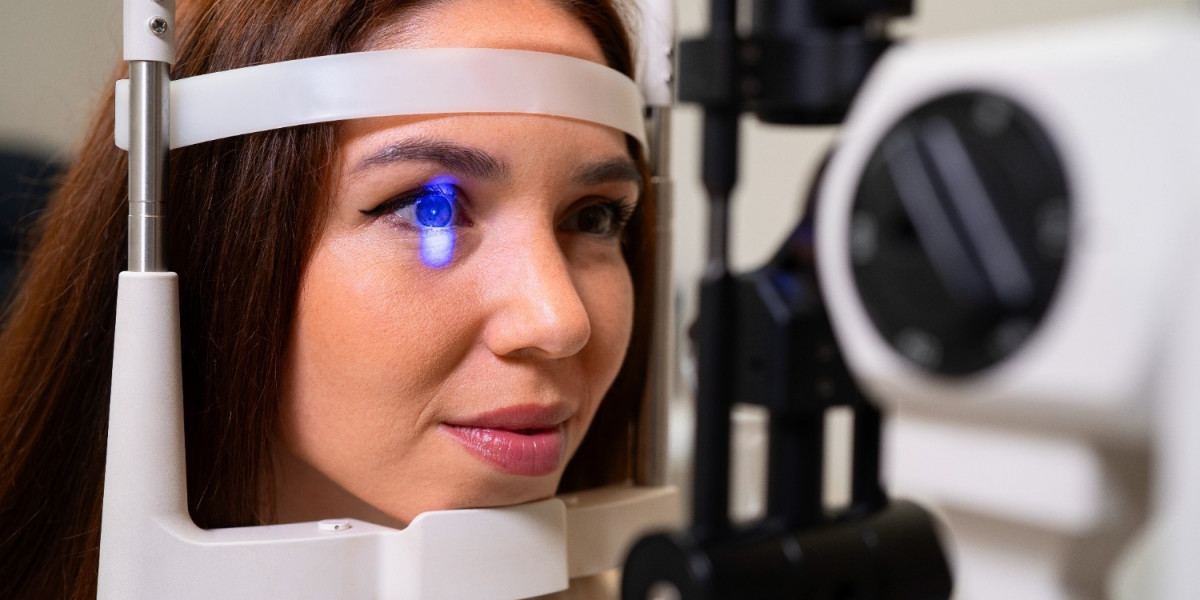Vision is one of our most valuable senses, and maintaining its health is essential. For those considering LASIK treatment to correct refractive errors like nearsightedness or astigmatism, understanding the relationship between LASIK and retina health is crucial. This comprehensive guide provides insights from retina specialists, ensuring you make an informed decision about your vision care journey.
What Is LASIK Surgery?
LASIK (Laser-Assisted In Situ Keratomileusis) is a popular, minimally invasive procedure designed to correct vision problems. It reshapes the cornea using advanced laser technology, allowing light to focus correctly on the retina. With a high success rate, LASIK treatment has become a preferred solution for many seeking freedom from glasses or contact lenses.
The Role of the Retina in Vision
The retina is a delicate layer of tissue at the back of the eye that captures light and sends visual signals to the brain. It acts as the foundation of your vision. Any disruption to the retina, such as tears or detachment, can significantly affect your eyesight. This is why retina specialists emphasize the importance of retinal health when evaluating candidates for LASIK surgery.
Why Retina Health Matters Before LASIK
Before undergoing LASIK, ensuring the retina is healthy is a top priority. Individuals with pre-existing retinal issues, such as lattice degeneration or diabetic retinopathy, may face complications if these conditions are not addressed prior to surgery.
A comprehensive eye examination by a retina specialist can identify potential concerns. This evaluation often includes:
Dilated Eye Exams: To thoroughly inspect the retina for tears or thinning.
OCT Imaging: High-resolution imaging to assess retinal layers for subtle abnormalities.
Ultrasound Scans: When necessary, to detect underlying issues in complex cases.
How Retina Specialists Ensure LASIK Safety
Retina specialists work closely with LASIK surgeons to ensure the procedure is safe for every patient. By evaluating the retina and addressing any issues beforehand, they help mitigate risks and enhance outcomes. This collaboration ensures that patients receive tailored care, protecting both their vision and overall eye health.
Conditions That May Impact LASIK Candidacy
Certain retinal conditions may affect your suitability for LASIK treatment:
Retinal Tears or Detachment: These must be treated promptly before considering LASIK.
Macular Degeneration: While LASIK corrects refractive errors, it cannot reverse macular damage.
Diabetic Retinopathy: Blood vessel damage from diabetes may require specialized care before surgery.
Lattice Degeneration: This thinning of the retina may increase the risk of tears during or after LASIK.
For these reasons, consulting a retina specialist before LASIK surgery is a crucial step.
Steps to Prepare for LASIK Treatment
Schedule a Comprehensive Eye Exam: A detailed evaluation ensures you are a suitable candidate for LASIK.
Consult a Retina Specialist: They will identify and address any underlying retinal issues.
Discuss Medical History: Share any past eye conditions, surgeries, or systemic health concerns.
Follow Pre-Surgery Guidelines: Avoid wearing contact lenses for a few weeks before the procedure, as advised by your surgeon.
The LASIK Procedure and Its Impact on Retinal Health
LASIK surgery itself does not directly affect the retina, as it targets the cornea. However, patients with a history of retinal issues should remain vigilant. Regular follow-ups with a retina specialist post-surgery are essential to monitor and maintain long-term eye health.
In rare cases, retinal complications can arise after LASIK due to pre-existing conditions. This underscores the importance of a thorough preoperative evaluation.
Post-LASIK Care for Retinal Health
After LASIK treatment, maintaining retinal health is critical for preserving your vision. Follow these tips for optimal care:
Attend Follow-Up Appointments: Regular check-ins with both your LASIK surgeon and retina specialist.
Protect Your Eyes: Use prescribed eye shields and avoid strenuous activities during recovery.
Monitor Vision Changes: Report any sudden flashes, floaters, or blurriness immediately.
Maintain a Healthy Lifestyle: Proper nutrition, hydration, and regular exercise contribute to overall eye health.
Choosing the Right Eye Hospital
Selecting the right eye hospital is a significant decision that can impact the quality of your care. Look for an institution that combines expertise in LASIK treatment and retinal care. Features to consider include:
Specialized Teams: A multidisciplinary team of LASIK surgeons and retina specialists.
Advanced Technology: Access to the latest diagnostic and surgical equipment.
Patient-Centered Care: A hospital that prioritizes patient comfort, safety, and satisfaction.
Maxi Vision stands out as a super specialty eye hospital committed to providing comprehensive care. With a reputation for excellence in LASIK treatment and retinal health, Maxi Vision ensures every patient receives personalized attention and cutting-edge solutions for their vision needs.
Conclusion
LASIK surgery is a life-changing procedure for those seeking to improve their vision. However, the journey begins with understanding the vital role of retina health and consulting trusted retina specialists. By addressing retinal concerns and choosing a hospital like Maxi Vision, you can ensure a safe, effective, and transformative vision correction experience.










